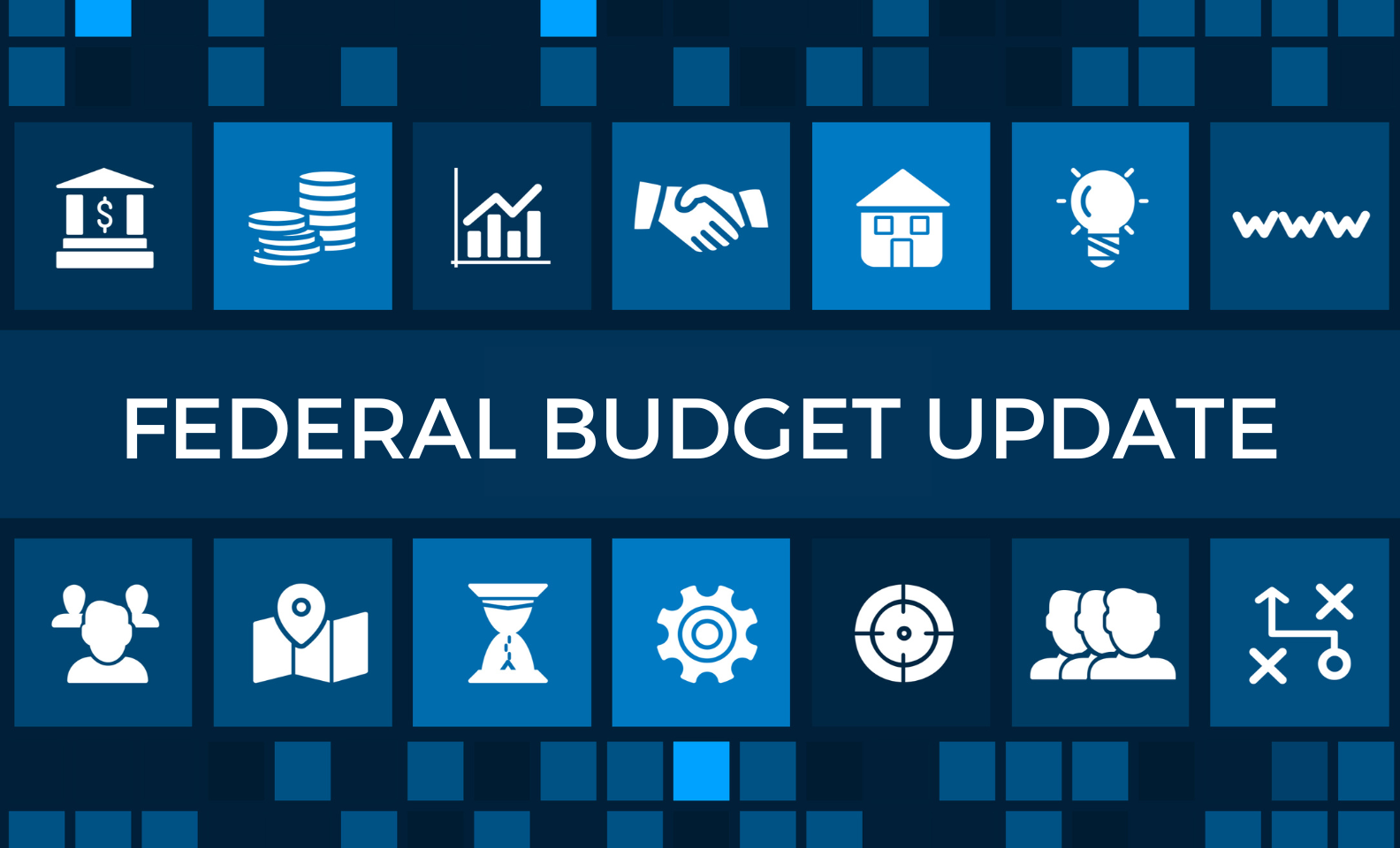Federal Budget: Impact on those with disabilities and the NDIS.
The 2024 Federal Budget’s approach to the National Disability Insurance Scheme (NDIS) through significant cost-saving measures signals a troubling shift that may compromise the quality and accessibility of vital supports for over 600,000 Australians with disabilities. The government’s intention to implement $14.4 billion in savings over the next four years, by reforming the NDIS structure and funding approval processes, raises profound concerns about the future wellbeing of this vulnerable demographic.
Key Changes and Takeaways for People with Disabilities from the Federal Budget:
- Financial Support Adjustments:
- Commonwealth Rent Assistance: The budget increases Commonwealth Rent Assistance by 10%, which will help alleviate some financial pressure for renters with disabilities.
- JobSeeker: An increase in the rate of JobSeeker aims to provide additional support, although specifics of the increase were not detailed in the summarized information.
- Disability Support Pension: There is no announced increase for Disability Support Pension recipients, which remains a critical gap in supporting one of the most vulnerable groups within the disability community.
- Future Planning and Involvement in NDIS Reforms:
- Co-design Initiatives: An emphasis on involving disability organizations and NDIS participants in future reforms, though specific funding for these initiatives was not detailed.
- NDIS Evidence Advisory Committee: The establishment of the NDIS Evidence Advisory Committee is supported with $45.5 million over four years, ensuring advice on the efficacy of supports provided under the NDIS.
- Housing and Employment Initiatives:
- Housing Development: Despite a commitment to deliver 1.2 million new homes by the end of 2029, there is no specific allocation mentioned for ensuring these homes are accessible or suitably designed for people with disabilities.
- Employment Programs: $227.6 million additional funding is allocated to support disability employment, including the launch of a new specialized disability employment program aiming to provide more tailored employment opportunities.
- Safety and Advocacy Enhancements:
- National Disability Abuse and Neglect Hotline and the Complaints Resolution and Referral Service: An additional $2.6 million is allocated to support these services, which provide critical avenues for addressing and resolving issues of abuse and neglect.
- Specific Measures and Funding Allocations:
- NDIS Quality and Safeguards Commission: An investment of $160.7 million is directed towards improving the commission’s information technology systems and reducing the regulatory burden on providers, aiming to enhance the efficiency of oversight and support.
This budget presents a paradox, professing to sustain the NDIS while imposing stringent financial constraints that could restrict the availability of essential services. The proposed changes, including overhauling how funding plans are approved and targeting plan inflation—where participants may need more funds than initially budgeted—threaten to limit the scope and flexibility of the supports available to individuals with disabilities. This tightening of funding could have dire consequences for those whose needs do not align neatly with the newly imposed frameworks and criteria.
Moreover, the budget’s strategy to transition individuals with less severe disabilities to state and territory services, dubbed “foundational supports,” suggests a move towards a more fragmented and potentially less effective system. Critics argue that this shift not only risks diluting the quality of care but also imposes an additional bureaucratic layer that individuals must navigate to receive support, potentially exacerbating the challenges faced by those already struggling to access adequate services.
The government’s claim that these measures are necessary for financial sustainability is juxtaposed against the projected increase in the scheme’s costs, from $44.3 billion in 2024 to an estimated $60.7 billion by 2027-28. This stark financial projection is used to justify a budget that prioritizes fiscal savings over the needs of disabled individuals, suggesting a concerning departure from the NDIS’s original commitment to enhancing the autonomy and quality of life for people with disabilities.
While the budget allocates additional funds to the NDIS Quality and Safeguards Commission and introduces measures purportedly aimed at enhancing the scheme’s efficiency, these cannot wholly offset the potential reduction in direct support to individuals. There is a palpable tension between the government’s financial prudence and the real-world impacts of these policies on disabled Australians, many of whom may find themselves increasingly marginalized by a system that was designed to empower them.
The critical reception to these changes underscores a broader apprehension that in its quest for sustainability, the budget may compromise the foundational principles of the NDIS. By potentially limiting access to necessary supports, the budget risks not only the wellbeing of individuals with disabilities but also the integrity of the scheme itself. The focus on cost-cutting and efficiency should not overshadow the ultimate purpose of the NDIS—to provide comprehensive, responsive, and person-centred support that enables individuals with disabilities to participate fully in society.
While the government frames these budgetary measures as necessary steps towards securing the future of the NDIS, there is a compelling case that they might, in fact, undermine the scheme’s core mission. The reduction in funding and restructuring efforts, aimed at curbing expenditures, could result in many individuals with disabilities facing increased barriers to accessing the supports they critically need, thus contradicting the very essence of what the NDIS aims to achieve.


